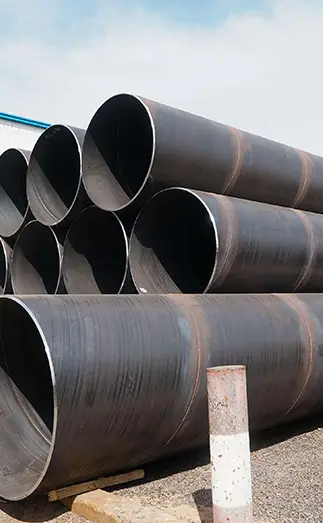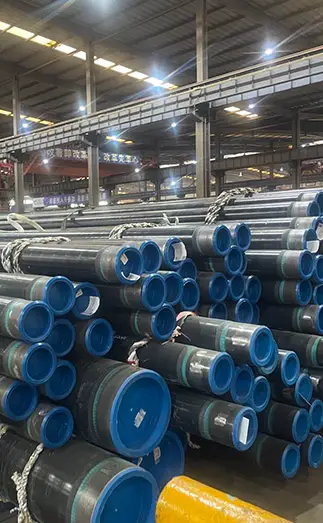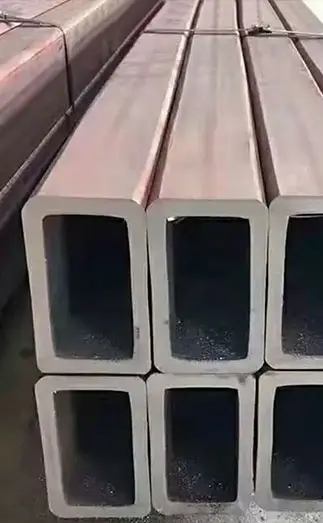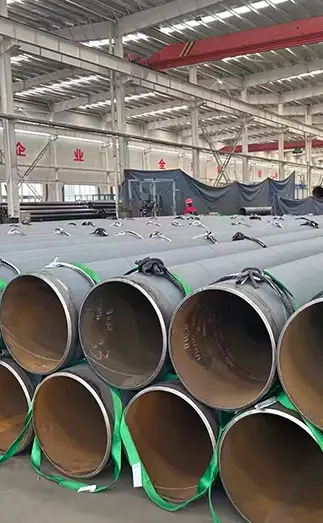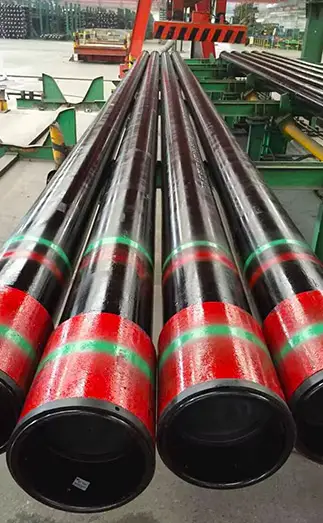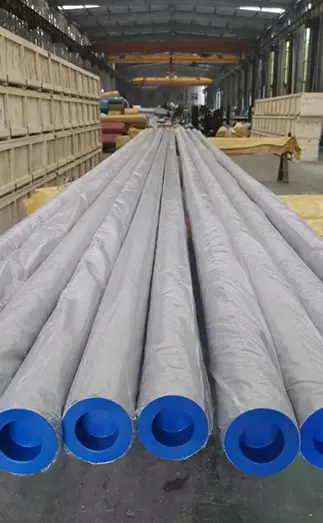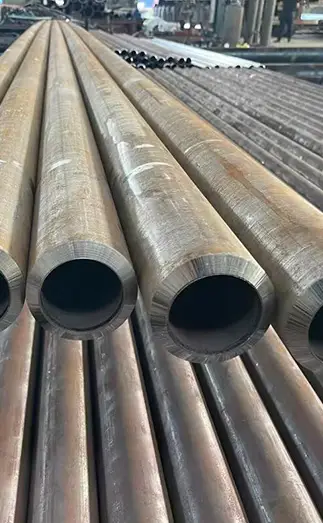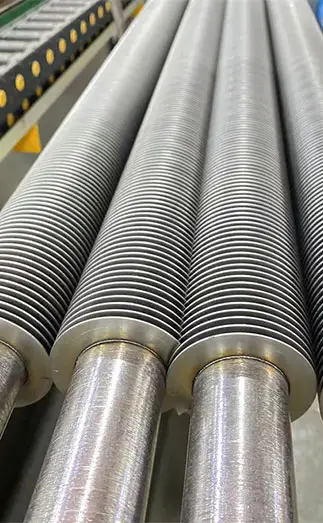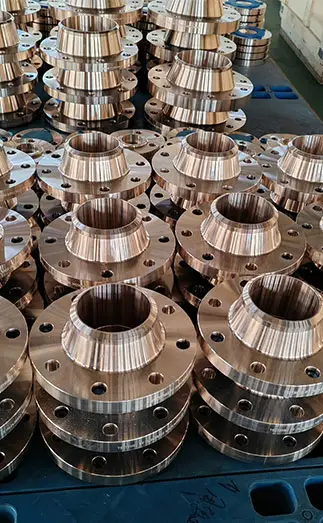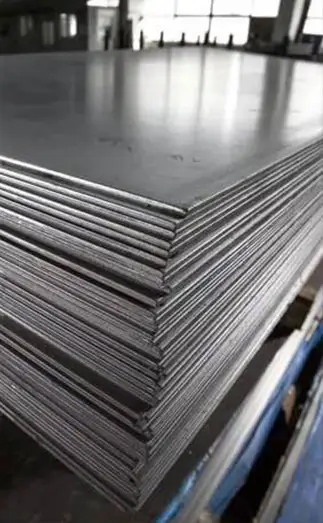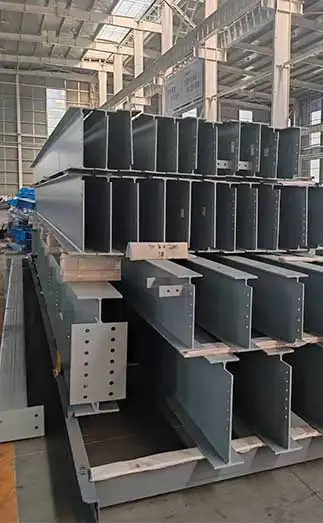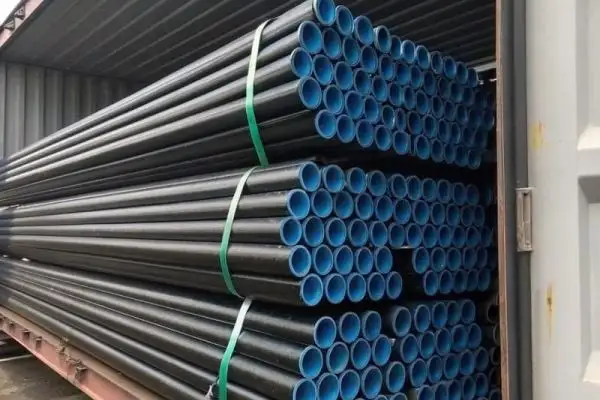Alloy steel plates are steels that are alloyed with various elements like chromium, molybdenum, nickel, manganese, silicon, and vanadium to improve their mechanical properties. Different grades are designed for specific applications like high-temperature service, pressure vessels, structural use, and wear resistance.
Super Steel Manufacturing Co.,Ltd is professional alloy steel plate manufacturer, for more details, please contact:sales@super-steels.com
Common Alloy Steel Plate Grades
|
Grade
|
Key Alloying Elements
|
Main Features
|
Typical Applications
|
|
A387 Grade 11 Class 1/2
|
Chromium, Molybdenum
|
Good strength at high temperatures, excellent corrosion resistance
|
Pressure vessels, boilers, heat exchangers
|
|
A387 Grade 22 Class 1/2
|
Chromium, Molybdenum
|
Higher temperature resistance than Grade 11, strong creep resistance
|
Petrochemical industry, power plants
|
|
SA 387 Grade 5, 9
|
Chromium, Molybdenum
|
Designed for high-temperature service
|
Pressure vessels, reactors
|
|
A514
|
Chromium, Nickel, Molybdenum
|
High yield strength, good weldability, impact resistance
|
Structural applications, construction equipment
|
|
A517
|
Nickel, Chromium, Molybdenum
|
High strength and toughness
|
Pressure vessels, heavy-duty applications
|
|
42CrMo4 (AISI 4140)
|
Chromium, Molybdenum
|
High tensile strength, good hardenability and fatigue resistance
|
Machine parts, gears, shafts
|
|
15CrMoR
|
Chromium, Molybdenum
|
High-temperature strength and good weldability
|
Pressure vessels, boilers
|
|
16MnCr5
|
Chromium, Manganese
|
Good wear resistance after case hardening
|
Gears, crankshafts
|
|
12Cr1MoV
|
Chromium, Molybdenum, Vanadium
|
Excellent strength and toughness under high temperature
|
Power station equipment, high-pressure boilers
|
|
SA 542 Grade B
|
Chromium, Molybdenum
|
Designed for pressure vessels needing high strength at elevated temperatures
|
Nuclear and fossil fuel plants
|
Notes:
Class 1 vs Class 2: In plates like A387, Class 2 generally has higher strength than Class 1.
Heat Treatment: Many alloy steel plates are supplied normalized, quenched, and tempered to achieve the desired properties.
Standards: ASTM (American Society for Testing and Materials) and ASME (American Society of Mechanical Engineers) are the two main standard organizations.



 English
English Español
Español Français
Français بالعربية
بالعربية